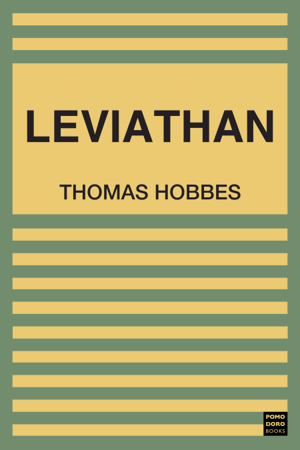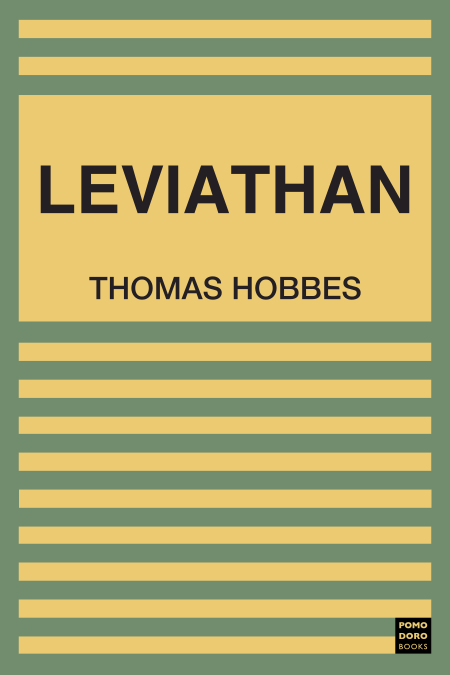
Je cadeautjes zeker op tijd in huis hebben voor de feestdagen? Kom langs in onze winkels en vind het perfecte geschenk!
- Afhalen na 1 uur in een winkel met voorraad
- Gratis thuislevering in België vanaf € 30
- Ruim aanbod met 7 miljoen producten
Je cadeautjes zeker op tijd in huis hebben voor de feestdagen? Kom langs in onze winkels en vind het perfecte geschenk!
- Afhalen na 1 uur in een winkel met voorraad
- Gratis thuislevering in België vanaf € 30
- Ruim aanbod met 7 miljoen producten
Zoeken
Leviathan E-BOOK
(The Matter Forme Power of a Common-Wealth Ecclesiastical And Civill)
Thomas Hobbes
E-book | Engels
€ 0,99
Uitvoering
Omschrijving
"During the time men live without a common Power to keep them all in awe, they are in that condition which is called Warre"
Written during the turmoil of the English Civil War, Leviathan is an ambitious and highly original work of political philosophy. Claiming that man's essential nature is competitive and selfish, Hobbes formulates the case for a powerful sovereign—or "Leviathan"—to enforce peace and the law, substituting security for the anarchic freedom he believed human beings would otherwise experience. This worldview shocked many of Hobbes's contemporaries, and his work was publicly burnt for sedition and blasphemy when it was first published. But in his rejection of Aristotle's view of man as a naturally social being, and in his painstaking analysis of the ways in which society can and should function, Hobbes opened up a whole new world of political science.
Written during the turmoil of the English Civil War, Leviathan is an ambitious and highly original work of political philosophy. Claiming that man's essential nature is competitive and selfish, Hobbes formulates the case for a powerful sovereign—or "Leviathan"—to enforce peace and the law, substituting security for the anarchic freedom he believed human beings would otherwise experience. This worldview shocked many of Hobbes's contemporaries, and his work was publicly burnt for sedition and blasphemy when it was first published. But in his rejection of Aristotle's view of man as a naturally social being, and in his painstaking analysis of the ways in which society can and should function, Hobbes opened up a whole new world of political science.
Specificaties
Betrokkenen
- Auteur(s):
- Uitgeverij:
Inhoud
- Taal:
- Engels
Eigenschappen
- Productcode (EAN):
- 9781998382408
- Verschijningsdatum:
- 11/09/2024
- Uitvoering:
- E-book
- Beveiligd met:
- Digital watermarking
- Formaat:
- ePub

Alleen bij Standaard Boekhandel
Beoordelingen
We publiceren alleen reviews die voldoen aan de voorwaarden voor reviews. Bekijk onze voorwaarden voor reviews.









